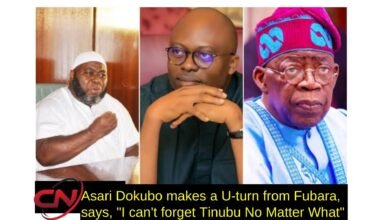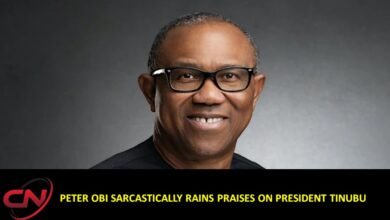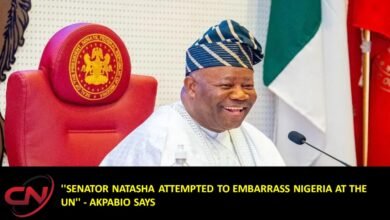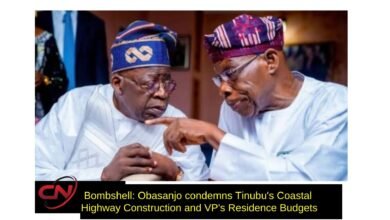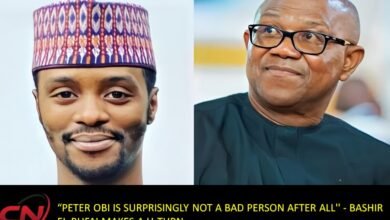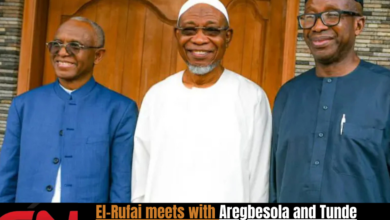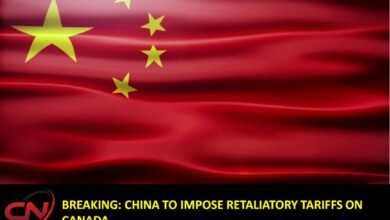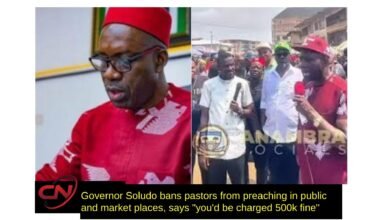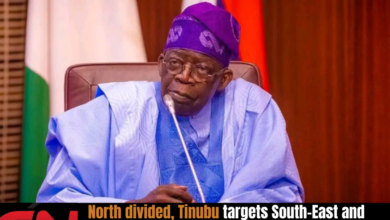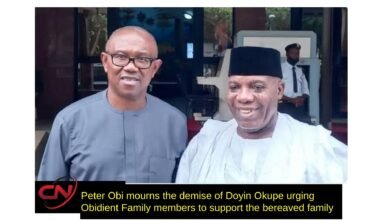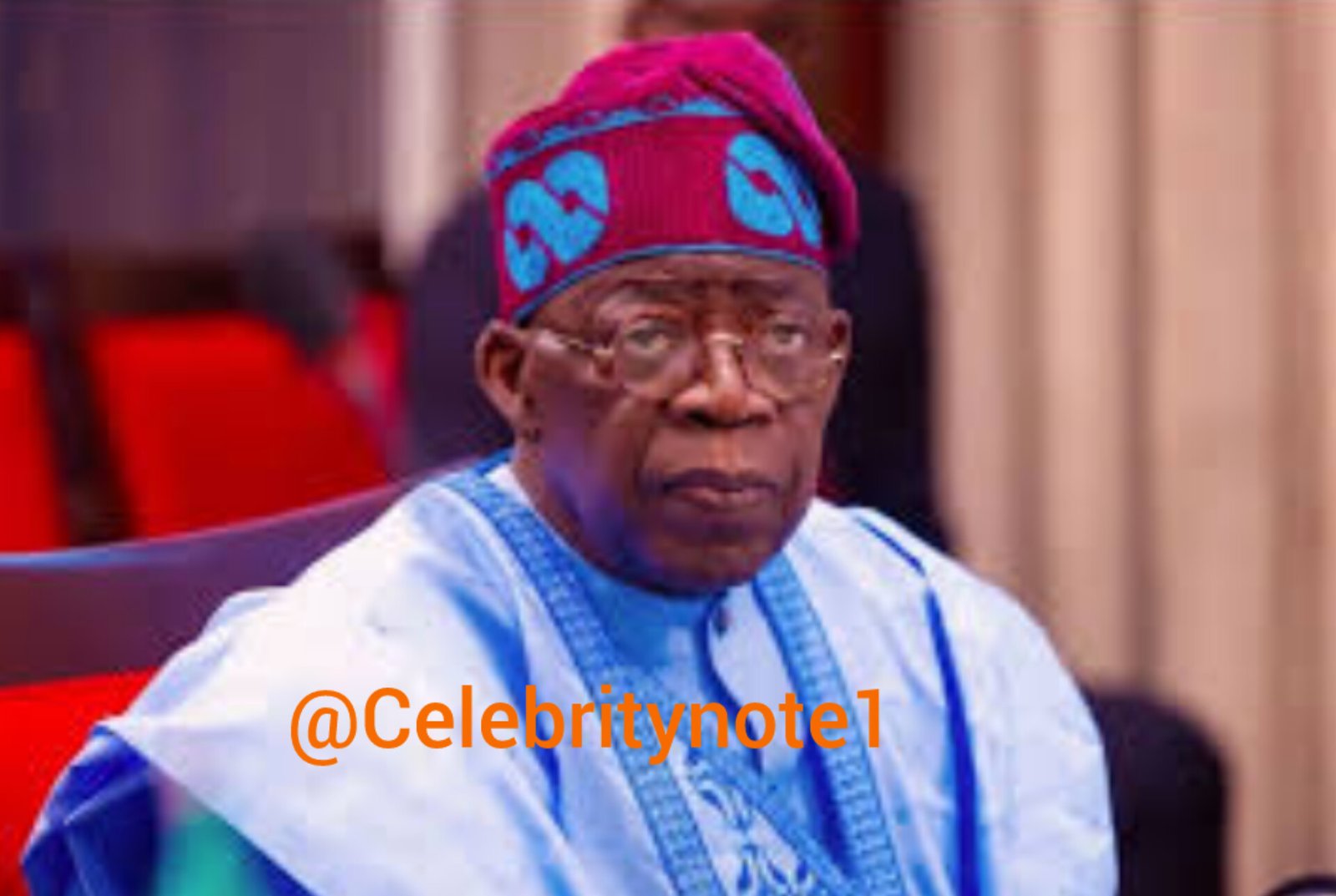
The National Chairman of the Social Democratic Party (SDP), Shehu Gabam, has voiced strong criticism against President Bola Ahmed Tinubu’s policies, warning that they could cost him re-election in 2027.
Advertisements
Gabam highlighted several unpopular economic decisions, including the sudden removal of the petrol subsidy, forex unification, electricity tariff hikes, and increased telecom charges, arguing that these measures have deepened economic hardship for Nigerians.
Speaking on Inside Sources with Laolu Akande on Channels Television, Gabam asserted that Tinubu’s administration must reassess its policies and reshuffle its cabinet if it hopes to secure a lasting legacy.
According to him, the mounting dissatisfaction with the government mirrors the situation in 2012 when former President Goodluck Jonathan faced mass protests due to fuel subsidy removal, a crisis that ultimately contributed to his electoral defeat in 2015.
Tinubu’s economic policies, while aimed at long-term stability, have inflicted immediate hardship on Nigerians.
The removal of the petrol subsidy, for instance, has led to skyrocketing fuel prices, which in turn have driven up the cost of goods and transportation.
The unification of forex rates, though intended to attract foreign investment, has caused sharp currency depreciation, worsening inflation and reducing purchasing power.
The SDP chair believes that such policies, if not reviewed, will further alienate the electorate.
He argued that relying on financial muscle to win elections, as was the case with Jonathan, is no longer viable.
“If people think they will use money, they are mistaken. You will only rig while you are popular,” Gabam warned.
Beyond economic policies, Gabam also criticized the Tinubu administration’s treatment of opposition voices. He accused the government of fostering an environment where dissent is met with hostility, stating that governors and government officials act as “emperors” who refuse to listen to alternative views.
He further alleged that the government’s attitude towards critics is undemocratic and could push Nigeria towards a one-party system.
Addressing rumors that the APC pays opposition parties to compromise their role as watchdogs, Gabam firmly denied such claims. He insisted that the SDP remains independent and committed to holding the government accountable.
